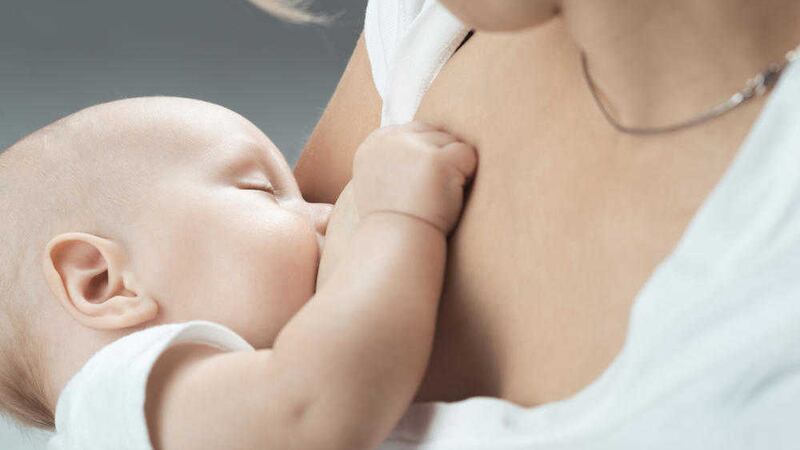Q: "Can toxic chemicals be passed on to my baby through breastfeeding?
A: Professor Philippe Grandjean of Harvard University recently co-authored a study into the extent that widely used industrial chemicals, linked with cancer and interference with immune function, are transferred to babies through breast milk.
He says: "Breast milk is still the best choice for babies if possible, as human milk is filled with vitamins and nutrients.
"Unfortunately, breast milk is no longer as pure as we assumed. We've known for some time that chemicals can be passed through breastfeeding, such as some pesticides, certain drugs, and tiny amounts of dioxin. However, we were surprised to find in recent study that infants accumulate perfluorinated compounds from breast milk.
"These chemicals are used in kitchenware, rain gear and food wrapping, due to their non-stick, stain-resistant and waterproof properties. Unfortunately, they stay in a person's body for a long time – years, in fact. Ironically, women can eliminate the compounds via milk. We found that for every month a baby was exclusively breastfed, the serum concentration of the perfluorinated compounds went up by 20 per cent to 30 per cent. Smaller increases were associated with partial breastfeeding.
"Women who intend to become pregnant could try to limit their baby's exposure by avoiding products with these non-stick compounds but it will only make a difference in the long term, since the chemicals build-up in the mothers' bodies over many years.
"The best way to protect infants and children from these chemicals is for legislators to pass stricter limits that reduce or eliminate our environmental exposure. All industrial chemicals – not only pharmaceuticals as is currently the case – should be tested, so we can avoid exposing the next generation to toxic substances in breast milk.
"However, all mothers should be aware that the greatest advantages are obtained by exclusive breastfeeding for at least three to four months."








